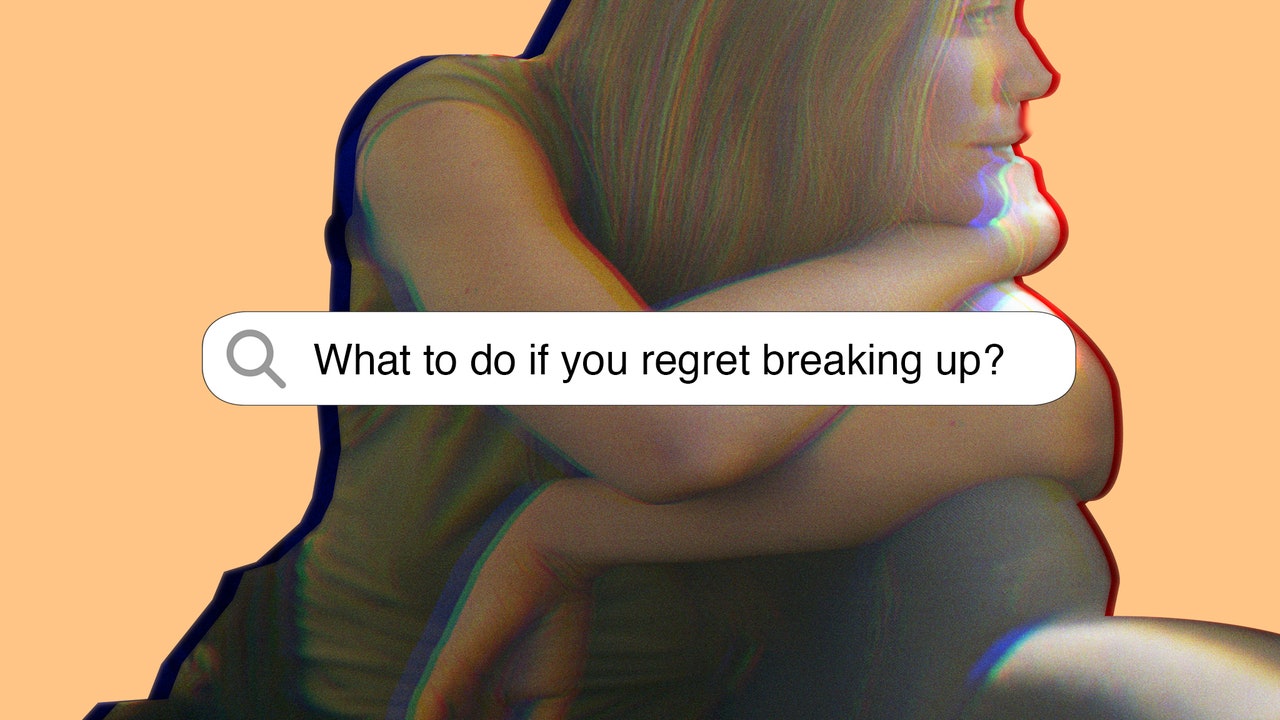As I tell couples in counseling, we each have 100% responsibility for what shows up in a relationship. That’s great news, since that means we can change things for ourselves going forward.
3. Don’t beat yourself up.
It’s perfectly natural to have regrets even if you know the breakup is the best thing for you. Recognize that what you’re feeling is normal and doesn’t necessarily mean you made the wrong decision. Don’t beat yourself up.
This is a good time to practice radical acceptance. The ability to tolerate our feelings, even the painful ones, is a sign of emotional health and a necessary skill for good relationships.
4. Get analytical.
In general, are you an anxious person who tends to self-doubt? And if so, is the issue really regret about the loss of the relationship or simply concerns about your own decision-making?
Or, if you’re being completely honest, do you see a pattern repeating across your past relationships? Do you tend to make decisions from insecurities or fears? If so, take time to explore your attachment style as well as the particular way you view your own needs and anticipate how willing other people will be to help you meet them before entering into the next relationship. To dive even deeper, read my book Why Good Sex Matters to help you better understand and operate your own attachment wiring.
5. Use this energy to develop yourself.
Have a look at some of these relationship skills that people who do relationships effectively practice. The good news is that these skills can be learned. Each healthy relationship holds an opportunity to learn more about yourself, how to partner with another, and each become a better person in the process.
6. Break it down and break through.
Through understanding aspects of your own relational road map, you can become a more complete person going forward. One tool is to think about how we, as a culture, view what we expect of ourselves and each other. Regardless of your gender or sexual orientation, there are power struggles that go on in our relationships that are heavily influenced by old, outdated notions of gender roles and expectations that drive conflict. So for example, if you tend to think it’s your job to be nurturing (typically feminine role), and you aren’t nurturing yourself, you’ll probably develop resentment. Likewise, if your partner thinks it’s your job to do most of the heavy lifting to provide for your family (typically masculine role) and you don’t, they’ll probably resent you.

